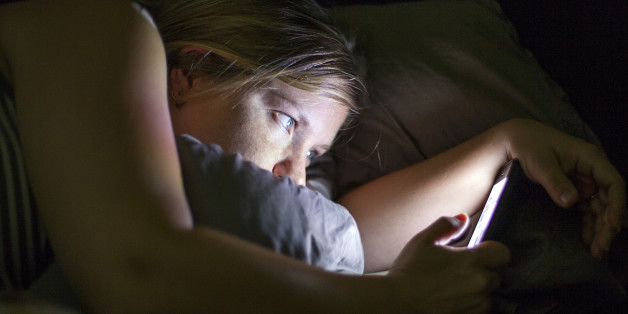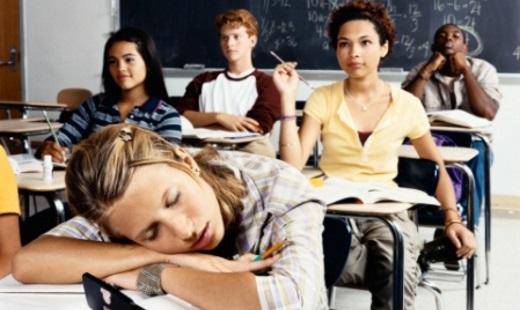So often when we take a closer look at a particular concern, inevitably we conclude that the biggest influencer at play is the smartphone. Whether it's to assign blame, dispense praise or explain any range of human behaviors, so frequently this ubiquitous device finds its way into the center of the discussion.
And given the wide range of services the device can perform – web access, photography, voice communications, and more – that's understandable.
Distracted driving? Yes. We examine the role that texting plays when we're behind the wheel.
Teenage anxiety? Bullying? Self-worth? Yes, yes and yes. The talk becomes how social media interaction – and access to it on a tiny machine that nearly every kid in America carries everywhere – affects the psyche and human development of teenagers. The list of issues goes on and on.
In fact, this dynamic has become so prevalent that when we even suspect the smartphone as being a major source of a particular problem, we're now almost inclined to react the opposite way. We're starting to reject the knee-jerk reaction that the phone is always the cause of the problem, since, surely, not every problem can be traced back to the device, right?
Yet, sometimes, the smartphone may actually be responsible.
That's the conclusion drawn by researchers at San Diego State University studying sleep-deprived American teenagers. After conducting a meta-analysis surveying more than 360,000 subjects, they concluded that decreasing sleep time comes at the expense of increasing screen time.
"Teens' sleep began to shorten just as the majority started using smartphones," states Jean Twenge, Professor of Psychology at SDSU. "It's a very suspicious pattern."
As we wrote earlier this year, the National Sleep Foundation recommends teenagers get between 8 and 10 hours of sleep nightly. Contrast that to the findings by researchers, who say that beginning in 2009 when smartphone use became widespread, there was a 17 percent increase of students reporting sleeping 7 hours or less per night, which sleep experts term as insufficient.
 The research team used data from two "long-running, nationally representative, government-funded surveys," one called Monitoring the Future, and another called the Youth Risk Behavior Surveillance System and determined that "about 40% of adolescents in 2015 slept less than 7 hours a night, which is 58% more than in 1991 and 17% more than in 2009."
The research team used data from two "long-running, nationally representative, government-funded surveys," one called Monitoring the Future, and another called the Youth Risk Behavior Surveillance System and determined that "about 40% of adolescents in 2015 slept less than 7 hours a night, which is 58% more than in 1991 and 17% more than in 2009."
Meanwhile, those who spent 5 hours daily on their devices had a 50 percent greater chance of not getting the adequate amount of sleep that other teenagers got who were online for just an hour.
"Portable media devices are of special importance for insufficient sleep as they not only directly displace or delay sleep time by increasing arousal that interferes with sleep," the authors wrote in their paper titled, "Decreases in self-reported sleep duration among U.S. adolescents 2009-2015 and links to new media screen time," published in the journal Sleep Medicine, "but are also easily carried into the bedroom and used in bed before sleep while emitting light that can affect sleep-wake rhythms."




